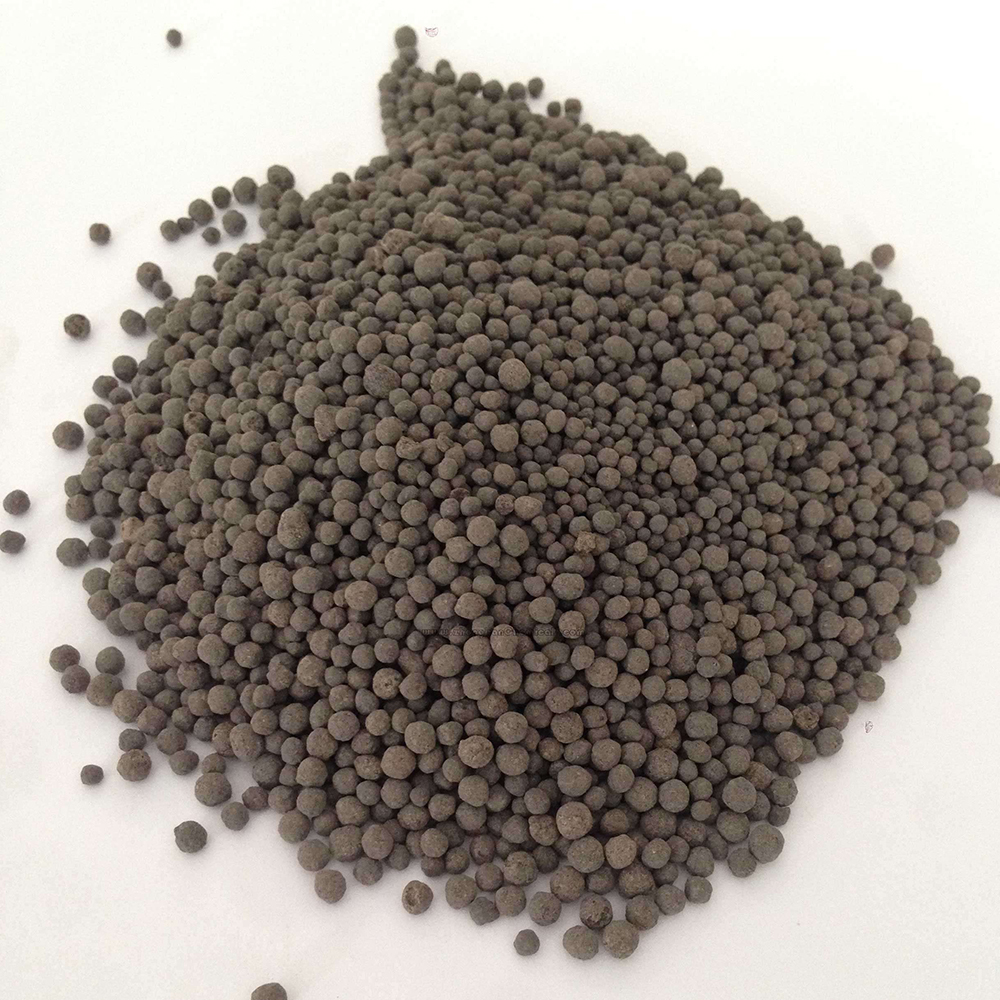



Exploring the Benefits of Partially Hydrolyzed Polyacrylamide in Various Applications
Understanding Partially Hydrolyzed Polyacrylamide (PHPA)
Partially Hydrolyzed Polyacrylamide (PHPA) is a synthetic polymer that has garnered significant attention in various industries, particularly in oil recovery, wastewater treatment, and soil stabilization. Its unique properties, including its ability to form viscous solutions and adhere to particles, make it an invaluable material in numerous applications. In this article, we will explore the characteristics, applications, and advantages of PHPA, shedding light on why it is a critical compound in modern industrial practices.
What is Partially Hydrolyzed Polyacrylamide?
PHPA is a water-soluble polymer that is derived from polyacrylamide, a compound consisting of repeating units of acrylamide. The key differentiator for PHPA is the degree of hydrolysis, which refers to the extent to which the polyacrylamide chains have reacted with water. This partial hydrolysis gives PHPA its distinctive properties, allowing it to interact effectively with various substances in solution.
The chemical structure of PHPA comprises both hydrophobic (water-repelling) and hydrophilic (water-attracting) segments, enabling it to create stable colloidal solutions. This dual nature enhances its ability to modify the viscosity of liquids and enhances the suspension of solid particles, making it useful in a wide range of applications.
Applications of PHPA
1. Oil and Gas Industry PHPA is predominantly used in the oil and gas sector as a viscosity modifier in drilling fluids. It helps improve the stability of the drilling mud, ensuring that cuttings are efficiently carried to the surface. The viscous nature of PHPA helps minimize fluid loss to permeable formations, reducing the risk of wellbore instability.
2. Wastewater Treatment In wastewater treatment, PHPA functions as a flocculant, promoting the agglomeration of suspended solids. This flocculation aids in the separation of solids from liquids, enhancing the clarity of treated water. Additionally, PHPA helps improve the performance of biological treatment processes by enhancing the settling characteristics of the sludge.
3. Soil Stabilization In agriculture and construction, PHPA is used for soil stabilization. Its ability to bind soil particles together helps improve soil structure, enhances water retention, and reduces erosion. This application is particularly valuable in areas prone to desertification or erosion, where maintaining soil integrity is crucial for sustainable land management.
phpa partially hydrolyzed polyacrylamide

4. Enhanced Oil Recovery (EOR) PHPA plays a significant role in enhanced oil recovery techniques. It assists in increasing the sweeping efficiency of oil recovery processes by improving the flow of crude oil through porous rock formations. By altering the viscosity of water injected into oil reservoirs, PHPA enhances the amount of oil that can be extracted, contributing to more efficient extraction processes.
Advantages of Using PHPA
Several advantages make PHPA a preferred choice in various applications
- Efficiency PHPA enhances the efficiency of operations, whether in drilling, wastewater treatment, or soil stabilization. By improving viscosity and flocculation, it optimizes the performance of processes.
- Environmental Compatibility PHPA is biodegradable and considered environmentally friendly compared to many synthetic alternatives. Its use reduces the environmental impact of industrial activities, aligning with sustainable practices.
- Cost-Effectiveness By improving the efficiency of processes, PHPA can lead to cost savings in operations. Its ability to replace more expensive materials and chemicals makes it an economical option for firms seeking to optimize their resources.
- Versatility The adaptability of PHPA allows it to be customized for various applications. Manufacturers can adjust the degree of hydrolysis and molecular weight to meet specific requirements.
Conclusion
Partially Hydrolyzed Polyacrylamide (PHPA) is a pivotal polymer in numerous industrial applications. Its unique properties, coupled with its versatility and effectiveness, have made it an essential compound in sectors ranging from oil and gas to wastewater treatment and agriculture. As industries continue to seek sustainable and efficient solutions, PHPA stands out as a material that not only meets operational demands but also supports environmental stewardship. Whether through enhancing oil recovery or improving wastewater treatment processes, PHPA's role in modern industry cannot be understated, making it a material of great significance for the future.
-
Why Sodium Persulfate Is Everywhere NowNewsJul.07,2025
-
Why Polyacrylamide Is in High DemandNewsJul.07,2025
-
Understanding Paint Chemicals and Their ApplicationsNewsJul.07,2025
-
Smart Use Of Mining ChemicalsNewsJul.07,2025
-
Practical Uses of Potassium MonopersulfateNewsJul.07,2025
-
Agrochemicals In Real FarmingNewsJul.07,2025
-
Sodium Chlorite Hot UsesNewsJul.01,2025










